Don't rely on a single test
Although the 2025 High School Graduation Exam will better classify candidates and create conditions for students to demonstrate their maximum capacity, Dr. Dang Quang Vinh - lecturer at the Faculty of Computer Science & Technology, British University Vietnam (BUV), an artificial intelligence researcher, found that if only looking at the score spectrum, it is impossible to draw accurate conclusions about teaching and learning capacity. In fact, this capacity can change significantly after just one year.
According to Dr. Dang Quang Vinh, to accurately assess ability between years, regions, or different exams, a standardized test system is needed. Only then can we tell whether students are learning better or not. In the world , there are also many exams that use standardized test sets for university and graduate school admission such as: SAT, GED, IELTS...
Having studied and taught in both the Vietnamese and international education systems, Dr. Dong Manh Cuong - Head of the Faculty of Business at BUV, realized that after many years of observation and experience, learning ability cannot be accurately measured through a single test score. To truly evaluate, there needs to be a stable test standard, a system of data comparison over time; especially a consensus between the school, teachers and students on teaching and learning methods.
For example, Dr. Dong Manh Cuong said that in Taiwan, students taking the university entrance exam do not rely on just one test. They have to present their learning process, participate in interviews, and sometimes write essays expressing their personal opinions. Such forms of assessment not only test knowledge, but also help students express their academic thinking. “I hope that Vietnamese education will gradually move towards such models,” Dr. Dong Manh Cuong expressed.
Many experts have proposed a more suitable admission model in the current context. Firstly, diversifying admission methods. Accordingly, schools can combine many forms such as considering academic records, high school graduation exam results, capacity assessment, interviews, or extracurricular activities and projects.
Second, assess specialized competencies. Training institutions can develop specialized competency assessment tests and exams, suitable for each major and university.
Third, focus on assessing qualities and soft skills. It is necessary to pay attention to factors such as: communication skills, teamwork, problem-solving ability, and creativity of candidates.
Fourth, assessment based on learning process. That means using learning results throughout high school, including extracurricular activities and achievements in other competitions to have a more comprehensive view of the candidate.
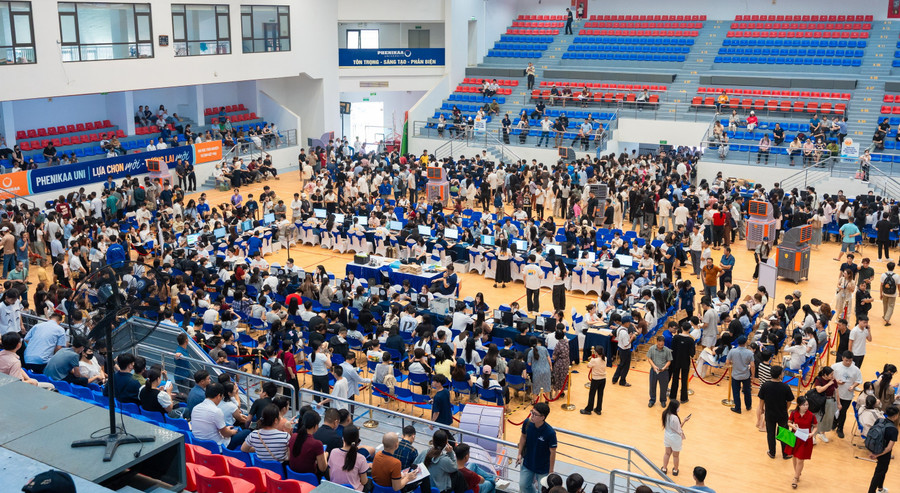
Additional criteria may be used in admissions.
When discussing the necessary skills of students, Associate Professor Dr. Nguyen Phu Khanh - Vice Principal of Phenikaa University (Hanoi), said that adding some soft skills or extracurricular activities and volunteering as a criterion in admission can be considered a new direction. However, the core factor that needs to be ensured is feasibility and fairness between candidates in different regions, as well as between different admission methods.
First of all, we need to consider the general education foundation. When general schools do not really focus on soft skills education and social activities for students, applying them immediately to university admissions will lack uniformity. At the same time, we need to consider the admission conditions and organizational capacity of each school. With a very large number of candidates, not all schools have enough resources to apply new assessment methods.
In fact, some arts, police, and defense majors now have aptitude tests in their admissions. International experience also shows that many foreign universities use interviews, combined with assessments of extracurricular records and social skills. This is a method worth considering, but only suitable for schools with moderate enrollment. For schools with too many candidates, organizing interviews on a large scale is a big challenge.
“In short, adding soft skills or non-academic criteria in admissions is an open direction. However, to implement it, it is necessary to carefully calculate feasibility and fairness, in order to create equal opportunities and select suitable candidates” - Vice President of Phenikaa University emphasized.
Sharing the same opinion, MSc. Nguyen Quang Trung - Deputy Head of Communications and Admissions Department, University of Commerce, said that currently, some schools have applied the form of interview or review of students' capacity records for admission.
However, statistics from the Department of Higher Education (Ministry of Education and Training) show that in 2022, 2023, and 2024, the rate of candidates admitted by combining high school graduation exam results with aptitude test scores for admission was only less than 1%, while the interview method alone had almost no candidates admitted (in 2023 it was 0%).
This shows that, at present, organizing admission based on candidates' capacity profiles such as: extracurricular activities, soft skills... is not feasible. According to Master Nguyen Quang Trung, more time is needed to research and learn from other countries' experiences to ensure consistency in the system. However, training institutions can use these factors as secondary criteria in admission.
According to Associate Professor Dr. Nguyen Phu Khanh, in addition to academic knowledge, soft skills, communication skills and especially the attitude of students after graduation are extremely important. This is one of the criteria reflecting the output standards of learners, but cannot be applied to admission at this time.
Source: https://giaoducthoidai.vn/tuyen-sinh-dai-hoc-danh-gia-bang-ho-so-nang-luc-post749181.html


![[Photo] Panorama of the cable-stayed bridge, the final bottleneck of the Ben Luc-Long Thanh expressway](https://vphoto.vietnam.vn/thumb/1200x675/vietnam/resource/IMAGE/2025/9/30/391fdf21025541d6b2f092e49a17243f)
![[Photo] Solemn opening of the 12th Military Party Congress for the 2025-2030 term](https://vphoto.vietnam.vn/thumb/1200x675/vietnam/resource/IMAGE/2025/9/30/2cd383b3130d41a1a4b5ace0d5eb989d)

![[Photo] The 1st Congress of Phu Tho Provincial Party Committee, term 2025-2030](https://vphoto.vietnam.vn/thumb/1200x675/vietnam/resource/IMAGE/2025/9/30/1507da06216649bba8a1ce6251816820)
![[Photo] President Luong Cuong receives President of the Cuban National Assembly Esteban Lazo Hernandez](https://vphoto.vietnam.vn/thumb/1200x675/vietnam/resource/IMAGE/2025/9/30/4d38932911c24f6ea1936252bd5427fa)
![[Photo] General Secretary To Lam, Secretary of the Central Military Commission attends the 12th Party Congress of the Army](https://vphoto.vietnam.vn/thumb/1200x675/vietnam/resource/IMAGE/2025/9/30/9b63aaa37ddb472ead84e3870a8ae825)
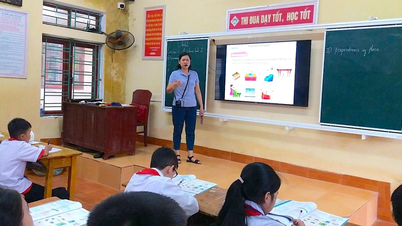






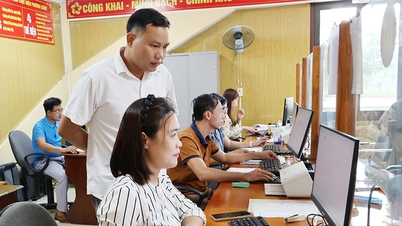

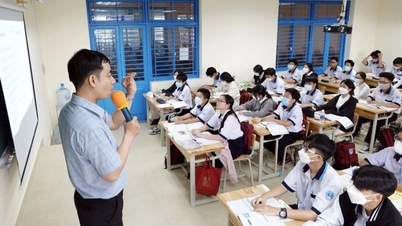

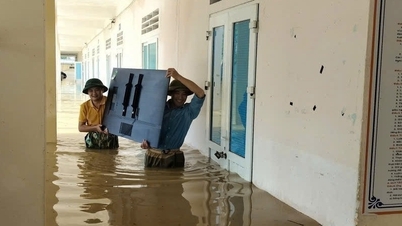


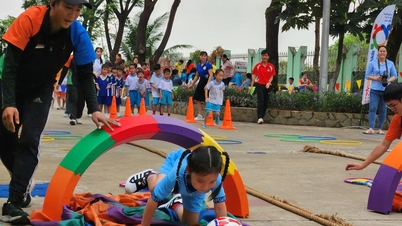
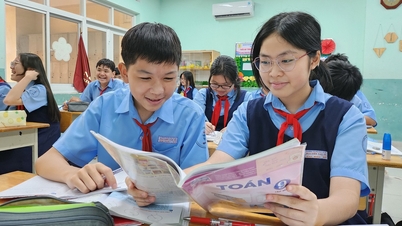

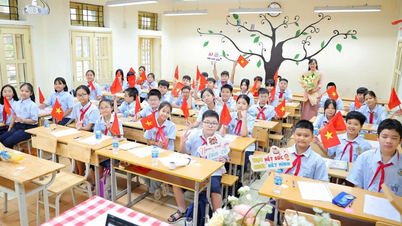





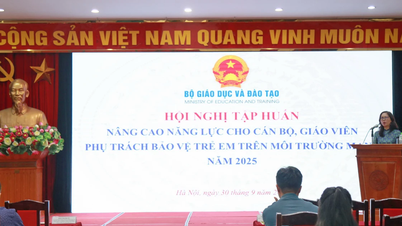
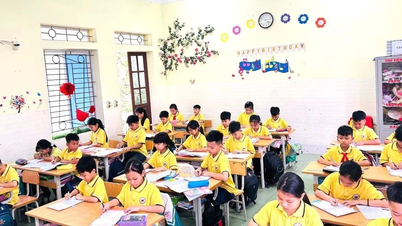


















































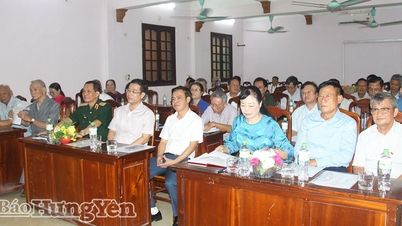




















Comment (0)